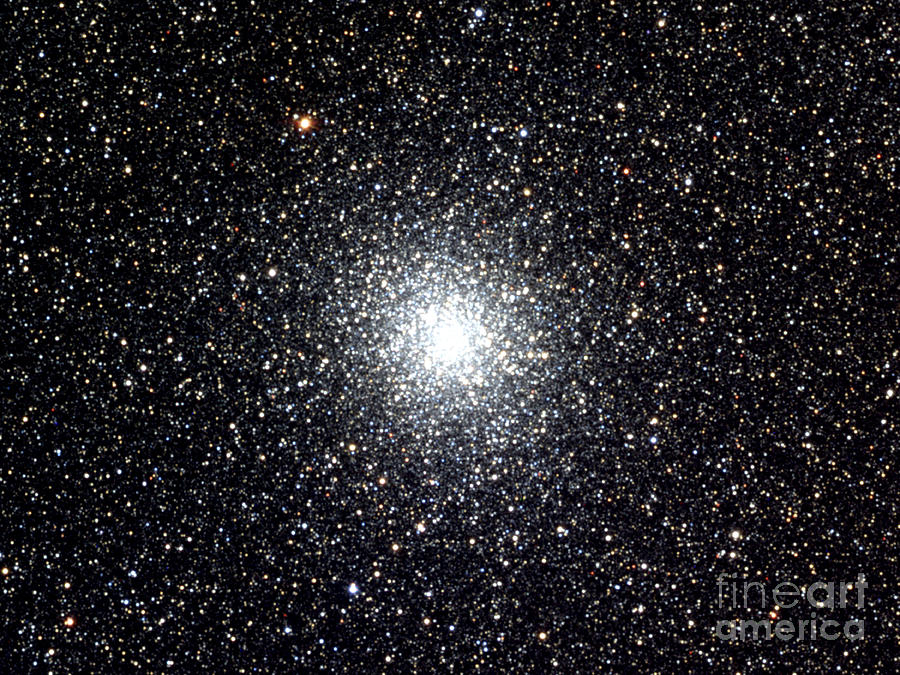Post
by MarkBour » Mon Feb 17, 2020 4:52 am
I find the Voyager 1 "Solar system family portrait" mosaic of 60 images to be an accomplishment that profoundly inspires me.
Years ago in this forum I asked "What is the maximum number of planets anyone has ever imaged at one time?"
I was open to the accomplishment by a camera on a spacecraft, which I figured would eventually take the ultimate such image. I was willing to accept an image that included where a planet was known to be, even if it was too faint to show up. I was open to a mosaic, provided the frames were all taken in a short period of time, as if to capture a single view that some apparatus could have captured from one viewpoint.
At the time, I was unaware of Voyager 1's accomplishment. They skipped over Pluto because they knew they would not be able to see it. And most who describe the family portrait only credit it with seeing 6 of the 8 planets. But by my initial weak criteria, all 8 would be counted. Mercury and Mars were too faint or washed out by the Sun in their images, but their location in the view was captured.
So, it's just phenomenal.
===================
One other shot I hope we have someday. If one of our spacecraft ever got far enough away and still had the ability to take a shot, a single frame centered on the Sun that was far enough away that our entire set of planets would be in the frame, that would be really nice. I imagine that in such a shot, nary a planet would be visible, but you could plot them for reference and get a feel for the distance, and what our Sun and solar system looked like at that distance.
Although I would like having such a shot, which would be meaningful to me, I realize it would not be impressive to look at, and could be simulated today without the need of a spacecraft, so it's possible that nobody else will ever see fit to take such a shot. But if such a shot ever inspired another such as Carl Sagan to pen something half as fine as the pale blue dot image did, then it would surely be worth it.
Mark Goldfain
 The Pale Blue Dot
The Pale Blue Dot

